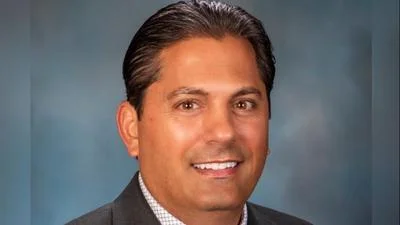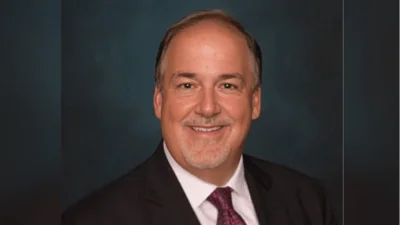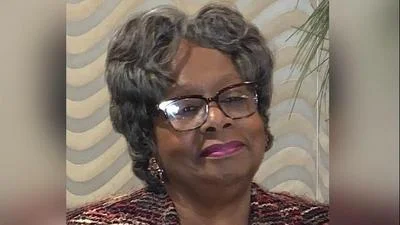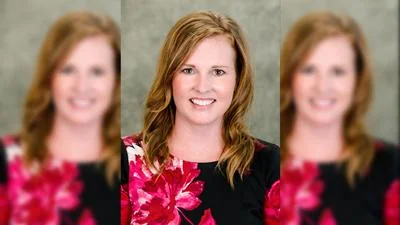Former Today show anchor Katie Couric recently announced she is undergoing treatment for breast cancer.
Since the pandemic, many people have experienced a distorted perception of time which has caused an influx of missed, potentially lifesaving, preventative screenings. That’s exactly what happened to Couric. While at her annual gynecological exam, her physician reminded her she was overdue for a mammogram by six months.
“Since the pandemic, we have noticed many women delaying their mammograms, and as a result, women are presenting with larger tumors and later stage cancers,” says Dr. Heidi Memmel, a breast surgeon at Advocate Lutheran General Hospital. “Many of these cancers are still curable, but with more involved and extensive treatment,” she says.
The U.S. Preventive Services Task Force recommends that all women begin receiving mammograms at age 50, but it could be appropriate for women to begin screenings as early as age 40 if they’re at increased risk. The best way to know when it’s time for you to get a mammogram is to ask your doctor.
“It is important to undergo a mammogram annually because this gives the best chance of detecting breast cancer early when it is treatable and curable,” says Dr. Memmel. “Breast cancer is easier to detect at a small size when there are regular mammogram images to use for comparison.”
Couric, who is typically regimented about screenings, immediately scheduled and attended her mammogram and dense breast ultrasound where she learned of the devastating news. While cancer is not uncharted territory for Couric as her family has a long history of cancer, she would be the first in her family to battle breast cancer.
“Women with a family history of breast, ovarian, colon, pancreatic and prostate cancer may be at higher risk of developing breast cancer,” explains Dr. Memmel. “They may consider talking with a genetic counselor to determine if they should undergo genetic testing. This tests for a gene mutation that could be inherited from the mother or father’s side of the family. A person who is a carrier of a gene mutation can be offered additional tests for screening and even options for reducing the risk of developing breast cancer.”
Couric’s care team worked with her to develop a personalized treatment plan which consisted of lumpectomy surgery, radiation and taking an aromatase inhibitor. Couric’s lumpectomy revealed the tumor was larger than expected, approximately the size of an olive. Her care team explained that it could have gotten larger and invaded other parts of her body if she waited any longer for a screening.
Couric shares her story in hopes it serves as a reminder to schedule your annual mammogram and other preventative health screenings. Known as the ‘screen queen’, this is not her first time vocalizing the importance of preventative health screenings. In 2000, Couric aired her colonoscopy on the Today show – resulting in an increased number of colonoscopy procedures performed – and hopes this will produce the same result.
“It is so important for women to take care of themselves and complete their recommended screening exams, especially mammograms since they save lives when done regularly,” says Dr. Memmel.
Original source can be found here.





 Alerts Sign-up
Alerts Sign-up